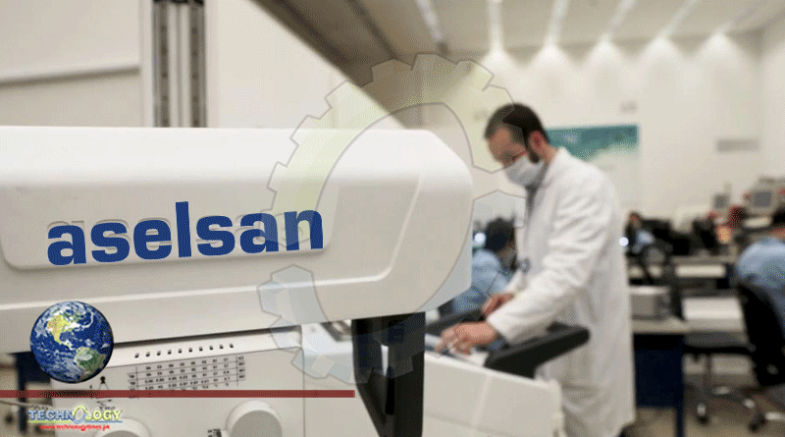Among Domestic Companies Which Started To Produce Ventilators At An Impressive Speed, Delivering Thousands Of Indigenous Ventilators Now

Turkish defence giant ASELSAN has been focusing on producing medical equipment to decrease foreign dependency in Turkey’s health sector. Turkey’s leading defence company ASELSAN, ranked as one of the world’s top 50 prestigious defence firms last year, has obtained the CE marking for its mobile digital X-ray device. CE markings indicate conformity with health, safety, and environmental protection standards for products sold within the European Economic Area (EEA). The production phase of the mobile X-ray device started at the end of 2020, and its mass production is planning to take place by the end of this year, expected to be sold commercially by 2021. Despite ASELSAN being renowned as a defence industry giant, since 2018 the firm has begun to work towards decreasing Turkey’s foreign dependency in healthcare.
ASELSAN started developing kits and devices that will enable rapid detection of diseases caused by viruses and bacteria in primary health care facilities and aims to improve the medical industry in Turkey. Following a cooperation protocol inked with the Health Institutes of Turkey (TUSEB) in the field of domestic health biotechnology production, the company has also started working on projects and solutions that would increase local design and production capabilities in health technologies. With its efforts coming to fruition in the health sector, ASELSAN produced several parts of X-ray systems domestically, such as the generator, collimator, detector, and cables in addition to the device. Having been accepted into the Scientific and Technological Research Council of Turkey’s (TUBITAK) Industrial Innovation Network Mechanism (SAYEM) programme last year, established to develop a High Value-Added Product Group, ASELSAN is currently preparing for an Industry Cooperation Project tender opened by the Health Ministry for the production of five medical devices. These are magnetic resonance imaging, computed tomography, ultrasonography, bedside monitors and digital radiography systems.
Expanding its business network in health industry
The defence tech giant has also started looking for possible collaborations with medical device manufacturers in Turkey. In 2020, the company launched a joint project with Istanbul-based Metsisto to develop electroshock devices (defibrillators). The device is expected to make its debut in 2021. ASELSAN and Metsis have also initiated their preparatory works to manufacture a “manual defibrillator/monitor development” project. ASELSAN aims to develop health technologies in the fields of imaging, diagnosis and life support. It also aims to cooperate with domestic and international companies as well as research centres to develop mammography, coagulation measuring devices, glucose monitoring systems, heart-lung pumps and mechanical ventilator devices.
ASELSAN’s contributions amid the pandemic
Due to the Covid-19 outbreak, ventilators have been in demand across the world as they provide life support to critically ill patients. As a result, countries across the world have started scrambling to ramp up their healthcare facilities with ventilators, even curbing their sales to other countries and prohibiting exports of their components. To overcome the shortage of ventilators, Turkey roped in various private and public sectors from defence to the electric and home appliances industry. ASELSAN was among the domestic companies which started to produce ventilators at an impressive speed, delivering thousands of indigenous ventilators. In its strategic plan for the 2019-2023 period, ASELSAN stated that it is critical to be competitive in these non-defence sectors and it is necessary to possess a technological infrastructure that can generate not only high performance but also low-cost solutions. The company also has a capacity to establish a presence in Railway Transportation & Electric Vehicles, Traffic and Automation Systems, Energy Systems, Civil Telecommunication/Communication Technologies and Civil Avionics in addition to health technologies.
This news was originally published at TRT World
